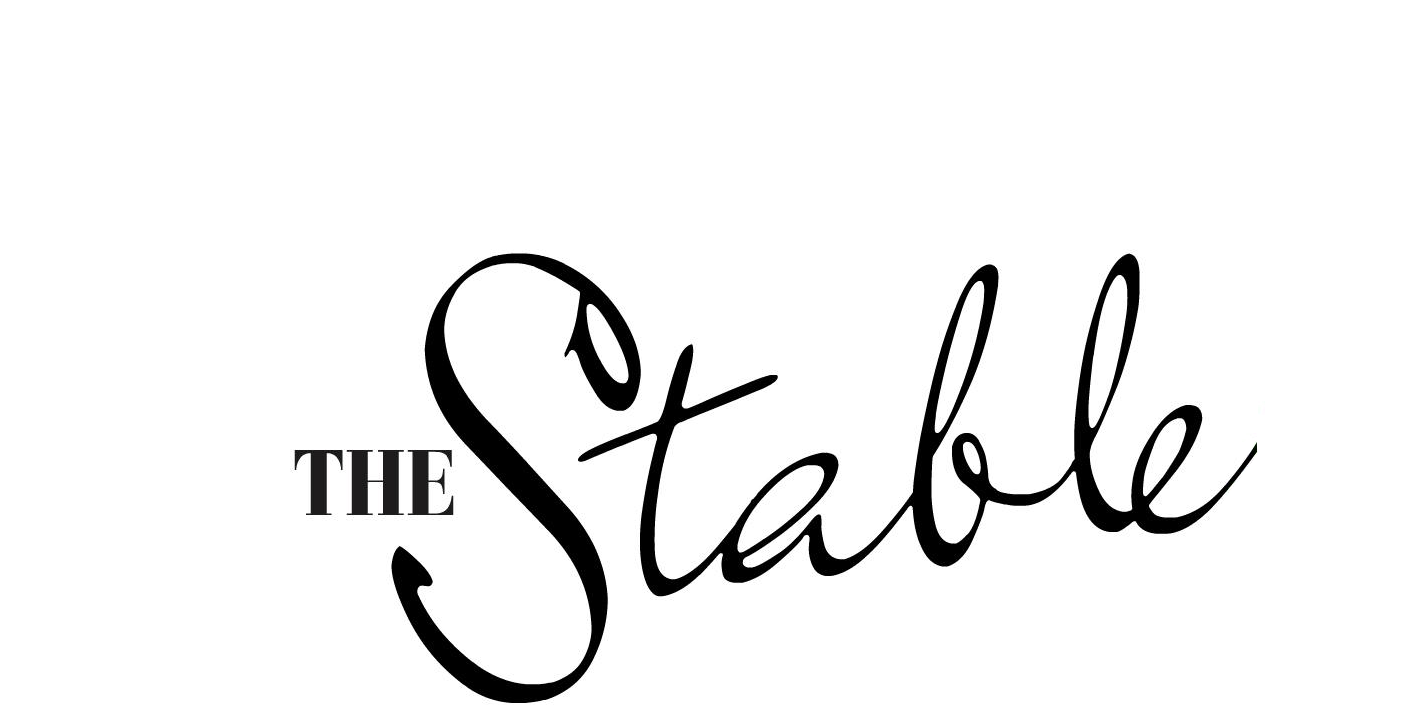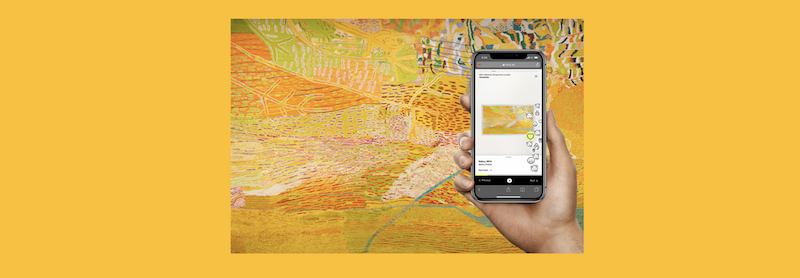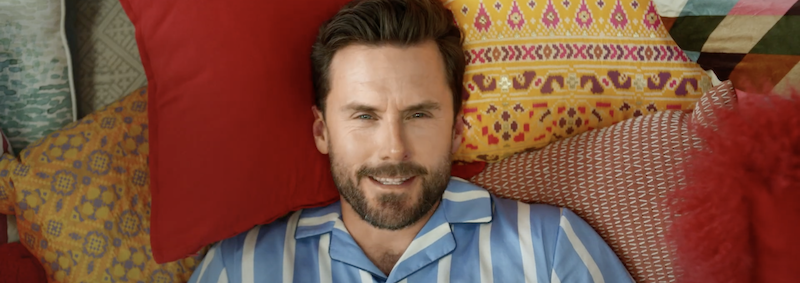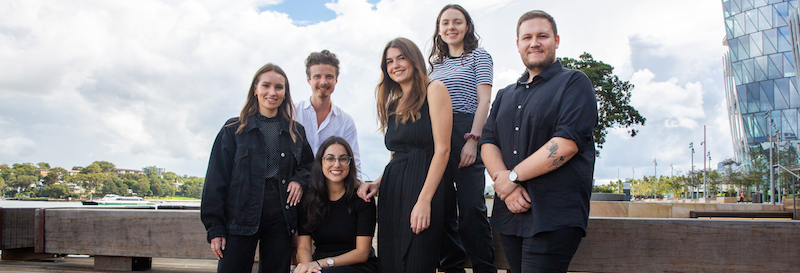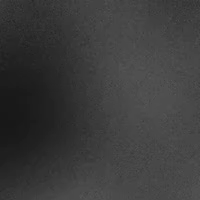The Stable put it to Derek Green, executive creative director of Ogilvy Sydney, that there’s an awful lot of creative masturbation out there calling itself branded content. Here is Green’s opinion:
Done right, branded content is far from creative masturbation, it’s a wild orgy and everyone’s invited to participate.
But sadly, there are not many wild orgies around, only plenty of apologies for being dud. It’s unfair to single out one campaign but take the Mercedes ‘Dirt vs Road’ example. This is a piece the Stable shared with me.
Sorry, it’s boring. There’s nothing new or interesting in this documentary and the van has no relevance other than just a transporter for bikes. The results are clear. Only 3000 people have watched it. The majority are probably clients, agency/production team and the global marketing industry blog sites. I don’t know what they spent on this but I would think it’s getting a very low return on investment.
I personally believe the majority of the poor performers come from inexperienced marketers being seduced by directors, writers, photographers, media companies, “content specialists”, musicians, family members who have done a TAFE course in TV production, all knocking on the door directly, promising world-class outcomes for fewer $ than “traditional” agencies.
The results are forgettable and create a schizophrenic brand that jars with the brand’s platform philosophy, resulting in tarnishing the brand’s reputation with their loyal fans.
I’m sure some people are thinking this sounds like sour grapes from an ECD in a big agency but what I’m trying get at is this – writing long form content is incredibly difficult, far harder than the average 30 second commercial and people who have no experience of branding and writing branded films are being given the keys to the boudoir and don’t really know what to do with it. It’s a real shame.
But it’s not all doom and gloom. Far from it. There are quite a few shining lights out there. More and more brands are building their entire belief on branded content and are thriving. They understand that effective branded content does cost money and it must be insightful, engaging and authentically linked to their brand.
Take Red Bull for example. No matter the event or medium it’s part of, you know it’s Red Bull. Red Bull’s success is simple. It has stuck with the same philosophy, never wavering. From live events of wingmen jumping from the edge of space to social feeds showing off slalom ice racing cars, it always achieves its brand mission, to give you wings.
Red Bull is a brand that does what it claims, giving consumers a real experience rather than preaching. This is a space where progressive brands are moving, from brands that SAY to brands that DO. This shift is making for exciting times ahead.
Dove Campaign for Real Beauty is another doing brand. All of its fabulous content has the same tone of voice and stays true to campaigning for real beauty.
Volvo Trucks has taken the discussion from telling people how well built its trucks are to creating compelling live test drives, elevating product demos to a new level. The results? Over 6.8 million people have watched a hamster drive a truck and the ultimate, over 82 million people have watched Jean Claude Van Damme demonstrate the stability and precision of Volvo Dynamic Steering. Most importantly, it isn’t click wank, the business results are staggering, ultimately winning the Cannes Grand Prix for Effectiveness.
So do I think that branded content can be effective creative? Absolutely. Is it a fad? Absolutely not. But the rules have changed for marketers and they have to embrace the idea that you can’t just do awareness and information based content, you have to put your brave hat on because effective work must be captivating enough for people to actively want to click and watch. If not, you’ll just be considered a masturbator.

